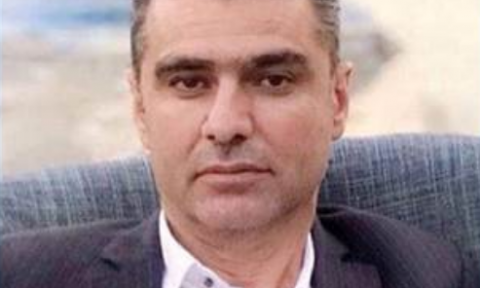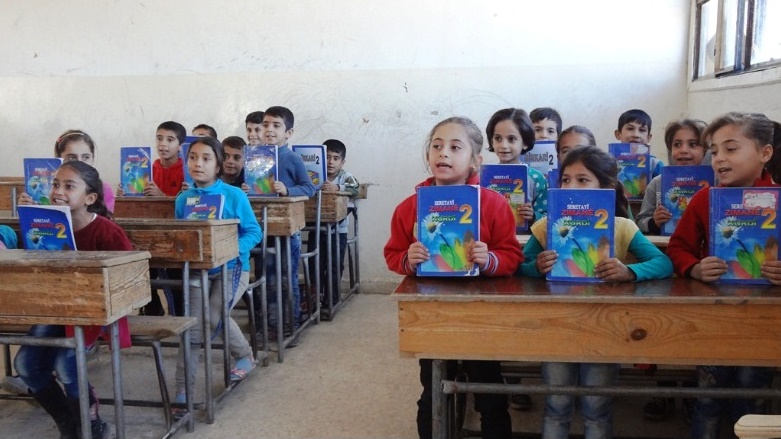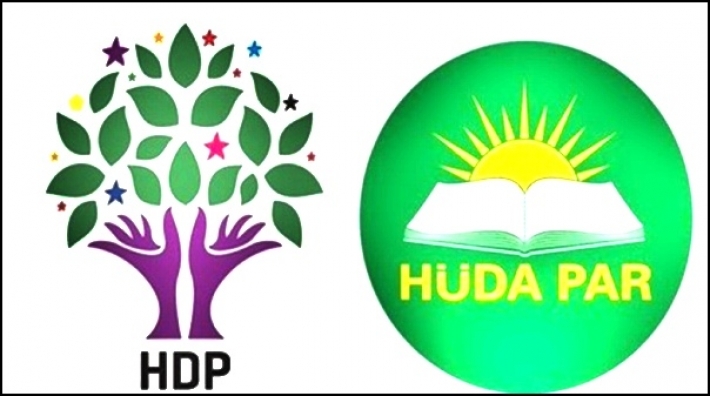How old was this killed person and how did he become a member of P.K.K?
According to IKHRW and quoted by Firat News Agency affiliated with the armed and militant group P.K.K/PJAK, an Iranian member of this group was killed in September 2022 due to what was called an accident and after about 15 months they have confirmed his death in a vague and short news.
Explaining about the death of this Iranian P.K.K member, this media has written: “On September 18, 2022, Agid Chamazi was busy with his revolutionary duties, and in the region of Assos, he intended to cross the Little (Lower) Zap River, faced a natural accident and was killed by drowning in the water.
P.K.K announced the details of this person as follows:
Name and surname: Rahim Gholami
Organization name: Agid Chamazi
Time and place of joining: 1-1-2019, Ilam
Time and place of death: 9-18-2022, Assos
Iranian Kurdistan Human Rights Watch has expressed its important technical and legal points many times, about this person and this way of informing P.K.K and PJAK. But still some important questions remain.
- Why does not P.K.K announce the exact year of birth of its members? If the exact and true year of birth is announced, it is possible to calculate the age of P.K.K members when they joined. Does P.K.K continue to recruit child soldiers? How old was this killed person and how did he become a member of P.K.K?
- How could an adult have drowned in a river at the time of death? Does not P.K.K claim that the members of this group are worthy guerrillas and has received professional training and stood against the NATO member army, so how have its members drown in the river?
- Where is the body of this Iranian P.K.K member now? If he has really drowned in the river, has his body been found? If he is not found, how does the PKK know that this person died?
- Why is the news of the death of Iranian PKK/PJAK members announced with a delay of several months and sometimes several years? Are they really killed? Could they have been victims of organizational settlement and intragroup execution? If these people were killed in the war with Turkey, have their bodies been given to their families?
- Why does PKK not transparently inform about the exact number of casualties? Why should a person in PKK face a natural accident? A natural accident means falling from a height? Was this Iranian PKK member really killed or did he intend to escape and was thrown into the river?
- PJAK and PKK, in an unfortunate procedure, in addition to kidnapping Iranian children and teenagers; announce their death with a delay of several months or years. The IKHRW has stated many times that the PKK news agency does not announce the cause of death of these people honestly and practically, has put their family in the fear and hope of death and the life and so has committed a bigger crime. Of course, according to the observation of IKHRW, this procedure of the P.K.K has been going on for several years and there is no beginning or end to it.
- Do PJAK and P.K.K intend to close the case for various reasons? Are they lying again to dissuade this person’s family from pursuing his case?
- Indeed, which group claiming the freedom and salvation of the “people” is so unimportant to its members? Which group that claims freedom and respect for human values and women’s rights adopts such a policy of “forced disappearance” of people of different ethnicities, especially the Kurds? Why do dozens of so-called human rights organizations active in the Kurdish area, pay attention to any kind of human rights violations by regional governments, except for assassinations, kidnappings, and extortion by P.K.K and PJAK? Are these institutions the legal cover of P.K.K terrorism? Do they have a political nature and not a human rights?
Final point
Delay in reporting the status of PKK members, especially whether they are alive or not, can be an example of enforced disappearance. An issue that has been recognized as an international crime since 2006 and emphasized by international organizations, especially the United Nations Human Rights Council. So that the importance of this issue is reflected in various documents such as the “Convention for the Protection of All Persons from Enforced Disappearance” and under certain circumstances, international and human rights organizations have even considered it a crime against humanity.










